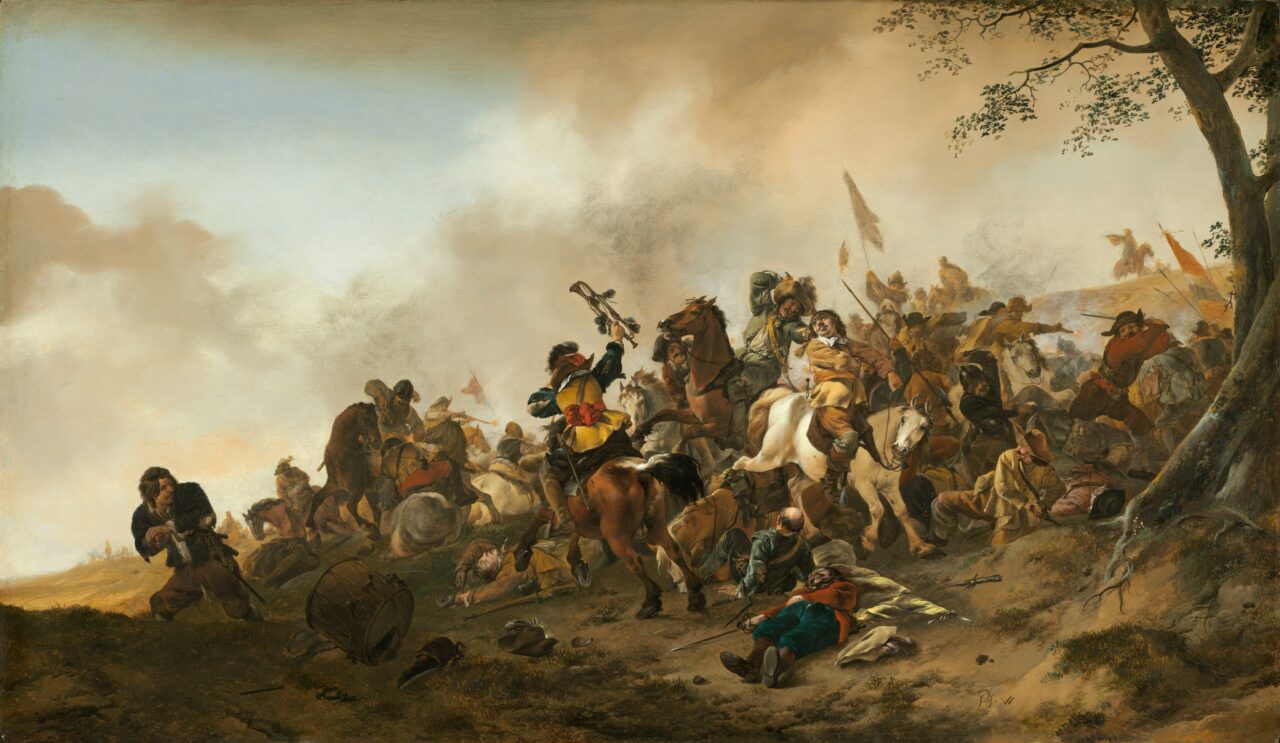Honestly, I didn’t plan for this to coincide with the Russian invasion of Ukraine. This has been in the back of my mind for years; I’m quite surprised that I didn’t write about this sooner. The final impetus was derived from a Bible study a couple weeks ago, the week before the invasion. We were going through the book of Esther. Somehow we got lost in the weeds, ending up in the citation of Romans 13:1:
“Let every person be subject to the governing authorities, for there is no authority except by God, and those that exist are put in place by God.” (LEB)
One of our Bible study members, who was in fact on a path to become a study leader, hadn’t heard of this before, or at least in a while. “So, but, what if the government is sinful?” He asked his question with the fortitude of one who sought to right wrongs and the innocence of one who wished to fight for something greater than himself. I’m sure every man has some semblance of these feelings, perhaps because every mortal government is sinful in one way or another. Men often choose the sword or its equivalent before accepting defeat against something they believe to be immoral. The following discussion in our Bible study reached a settlement that orders requiring sin can be rejected, and that all other orders should be obeyed.
This was a checkpoint but far from a conclusion. Wait, but this ignored so many other parts of the Bible. What about David, a man according to God’s own heart, who stood defiant against Saul and went to war with his own son in his quest for the throne? What about all the judges who liberated Israel from their oppressors? We had talked about how in Esther the Jews would receive weapons to defend themselves from the genocidal decree of Persian law. Perhaps those were all to preserve Israel and keep the nation safe for the arrival of Jesus. The aforementioned malcontent countered with modern examples. Was the United States founded in sin? Surely not; God blessed the nation with wealth and strength! Were the nations of Europe simply to accept the German jackboot, for that is what God commanded?
I remembered a passage. I searched my phone Bible, then flipped through my physical Bible. As is often the case, Jesus would settle the score. Luke 19 highlights the Messiah’s triumphal entrance into Jerusalem. Matthew, Mark, and John say that the people shouted for Jesus to save them. When the Pharisees demanded that Jesus silence them, he responded, “I tell you that if these keep silent, the stones will cry out!” Those words are now legendary in Christian circles, but his next words are nearly unknown:
“If you had known on this day – even you – the things that make for peace! … [T]hey will raze you to the ground … because you did not recognize the time of your visitation.” (LEB)
It’s not that your grievances aren’t legitimate; they certainly could be. The Christians had cause for revolt as they were mercilessly slaughtered under Roman rule, just as much as the Jews had cause under Persian rule. You can take up arms against authority. If your war does not further God’s interests, then victory goes to the side that fights a better war. The determinants are not worthiness and faith but rather logistics, manpower, discipline, and technological prowess. If you don’t have those, you will have died by the sword for nothing. It was not a tragedy that Israel would fight for freedom; it was an inevitable tragedy that Israel would be razed to the ground. Much better, then, to be persecuted in the name of the faith, so that your actions and your peaceful defiance might prove to be decisive.
So how does this apply to today’s politics and geopolitics? Heck if I know; I didn’t tailor this article to the occasion. Apply this as you wish, and I hope that I get another chance to write an article before we all get nuked from orbit.


Leave a Reply